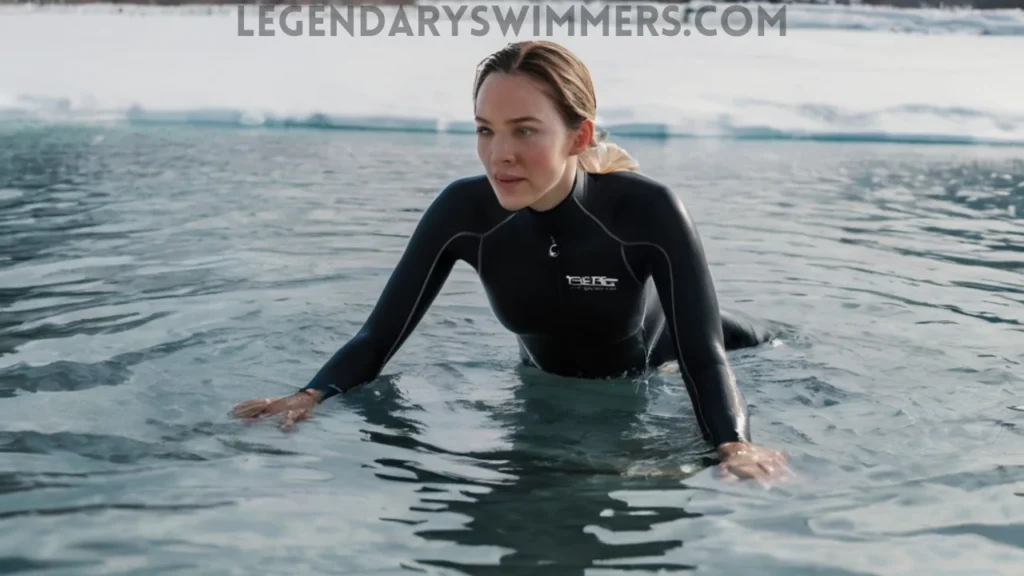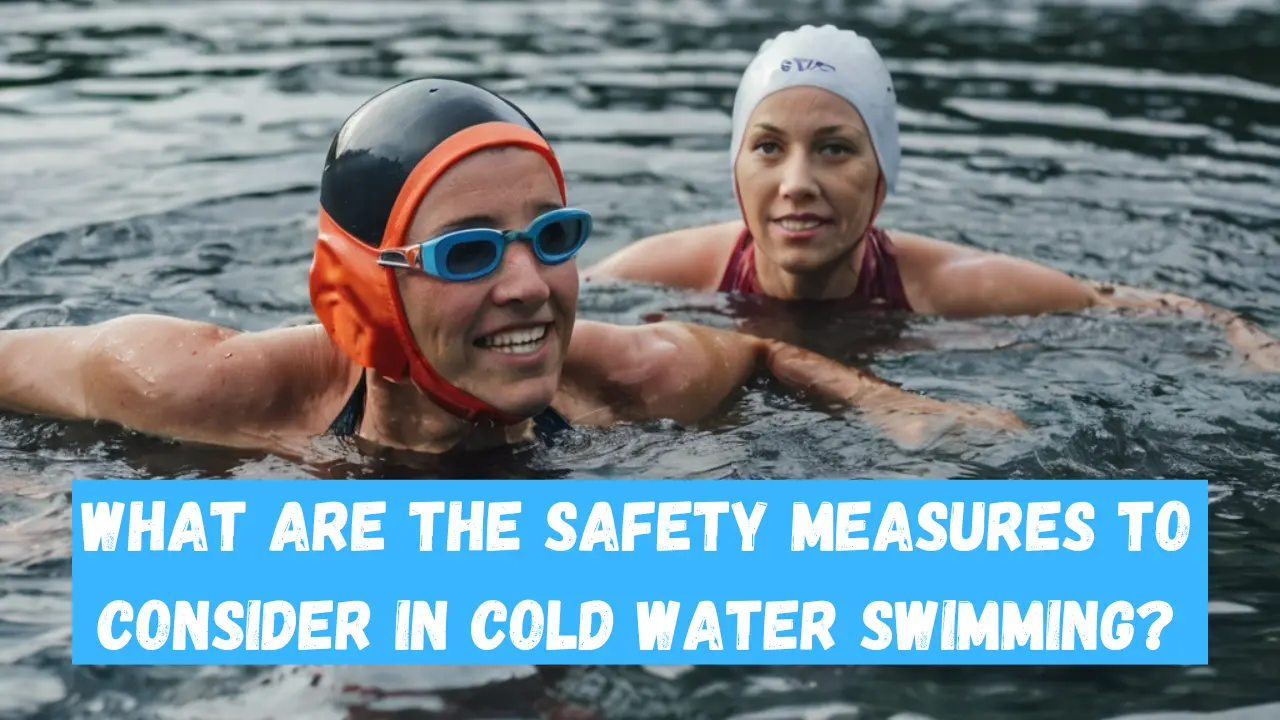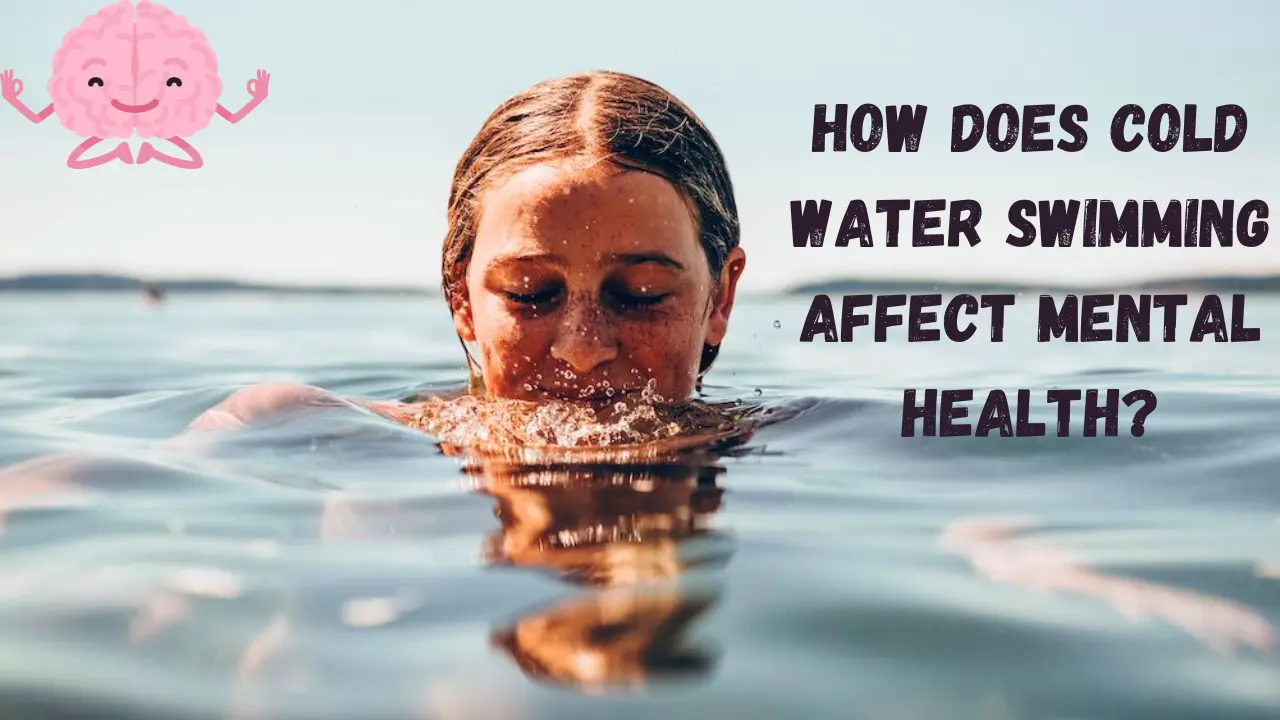
Benefits of Cold Water Swimming: Expert Insights
- Updated:
Introduction:
Imagine plunging into a crisp, refreshing body of water. While the initial shock might leave you gasping, many embrace cold-water swimming for its surprising health benefits. Beyond the refreshing dip lies a hidden world of potential for your physical and mental well-being.
This article dives deep into 10 hidden benefits of cold water swimming, exploring the science behind them and the experiences of those who have taken the plunge.
A Word of Caution Before You Dive In:
Cold water swimming is not for everyone, and it’s crucial to consult with your doctor before starting, especially if you have any underlying health conditions. Additionally, proper acclimatization is essential to avoid hypothermia.
Now, let’s explore the hidden wonders of cold water swimming:
1. Boosts Your Metabolism:
Cold water immersion activates brown adipose tissue (BAT), also known as “brown fat.” Unlike white fat, which stores energy, BAT burns calories to generate heat, potentially increasing your metabolic rate and aiding in weight management.
A study published in the International Journal of Obesity found that regular cold water exposure increased resting metabolic rate in healthy adults.
Cold exposure has been linked to increased activation of BAT, which can contribute to calorie burning and improved metabolic health.
- Source: International Journal of Obesity, 2014
2. Enhances Circulation and Blood Flow:
When you enter cold water, your body constricts blood vessels near the skin to conserve heat. As you warm up, these vessels dilate, improving circulation and blood flow throughout your body. This can benefit heart health and overall cardiovascular function
3. Natural Pain Relief:
Cold water immersion has a potent analgesic effect. The cold water triggers the release of endorphins, the body’s natural pain relievers. This can help manage chronic pain conditions like arthritis and muscle soreness
4. Strengthens Immune System:
While the exact mechanism is still under investigation, cold water exposure might positively influence the immune system. Studies suggest it may increase white blood cell count, potentially enhancing the body’s ability to fight off infections
5. Improves Mood and Reduces Stress:
Cold water immersion activates the sympathetic nervous system, followed by a parasympathetic response. This “fight-or-flight” to “rest-and-digest” switch can be calming, reducing stress hormones like cortisol and boosting mood-regulating neurotransmitters like dopamine and serotonin.
Expert Insight: Dr. Anya Gupta, a leading researcher in cold water therapy, states, “Cold water immersion appears to have a positive impact on mental health. It has been shown to reduce symptoms of anxiety and depression in some individuals.”
6. Promotes Sleep Quality:
The stress-reducing and calming effects of cold water swimming can also contribute to better sleep. Improved circulation and reduced physical tension can lead to deeper, more restful sleep.
7. Enhances Skin Health:
While prolonged exposure to chlorinated water can dry, a quick dip in cold water might benefit your skin. The increased blood flow can deliver vital nutrients and oxygen to skin cells, potentially promoting a healthy glow.
8. Boosts Energy Levels:
The initial shock of cold water can leave you feeling invigorated. This “wake-up call” to your system, coupled with the release of endorphins, can boost energy levels and make you feel more alert.
9. Sharpens Mental Focus:
Some cold water swimmers report experiencing improved focus and clarity after a dip. The physiological response to cold water may stimulate the brain and enhance cognitive function.
10. Builds Resilience and Mental Toughness:
Stepping outside your comfort zone and facing the challenge of cold water can be a powerful way to build mental resilience. This newfound sense of accomplishment can translate into other areas of your life
What are the safety measures to consider in cold water swimming?

Cold water swimming offers numerous benefits, but safety should always be a top priority. Here are essential precautions:
- Gradual Acclimatization: Start with short swims and gradually increase duration as your body adapts. Avoid sudden, prolonged exposure.
- Choose Safe Locations: Choose designated swimming areas with clear entry and exit points. Avoid isolated or hazardous spots.
- Swim with a Buddy: Never swim alone, especially in cold water. A companion can provide assistance in case of emergencies.
- Inform Others: Let someone know your swimming plans, location, and expected return time.
- Proper Equipment: Consider wearing a wetsuit or other protective gear, depending on the water temperature.
- Post-Swim Warmth: Have warm clothing and a hot beverage ready to combat after drops (rapid core temperature decline).
- Know Your Limits: Be aware of your physical capabilities and avoid overexertion.
Remember: If you experience symptoms of hypothermia (shivering, confusion, slurred speech), get out of the water immediately and seek medical attention.
How does cold water swimming affect mental health?

Cold water swimming has shown promising effects on mental health:
Stress Reduction:
The cold shock response can trigger relaxation, reducing cortisol (the stress hormone). The body’s response to cold water immersion is a complex interplay of physiological and psychological factors. When submerged in icy waters, the body undergoes a shock response, triggering the release of adrenaline and cortisol. While initially perceived as stressful, this reaction is followed by a surge in endorphins, the body’s natural mood elevators.
Endorphins, dopamine, and serotonin—often referred to as “happy hormones”—are released in abundance during cold water exposure. These neurotransmitters work in tandem to elevate mood, reduce anxiety, and combat symptoms of depression. The cold shock itself can act as a form of cognitive reset, providing a momentary escape from daily stressors.
Mood Enhancement:
Endorphin release during cold exposure can boost mood and alleviate symptoms of depression and anxiety. Beyond the biochemical reactions, the experience of cold water swimming cultivates a unique mental fortitude. Overcoming the initial fear and discomfort of the cold can boost self-esteem and resilience. Regular cold water immersion can foster a sense of accomplishment and a deeper connection with oneself.
It’s important to note that individual experiences may vary, and cold water swimming is not a substitute for professional mental health treatment.
Research indicates a correlation between cold water swimming and reduced symptoms of anxiety and depression.
- Reference: Harper et al., 2022 study on cold water swimming and mental health
Are there risks associated with cold water swimming?
While cold water swimming offers numerous benefits, potential risks exist:
- Cold Shock: The initial entry into cold water can trigger rapid heart and breathing rates.
- Hypothermia: Prolonged exposure to cold water can lead to dangerously low body temperature.
- Increased Blood Pressure: Cold water can temporarily elevate blood pressure.
- Swimming Difficulties: Cold water can reduce muscle strength and coordination, making swimming more challenging.
Always prioritize safety, gradual acclimatization, and swimming with a buddy to mitigate risks. If you have underlying health conditions, consult your doctor before starting cold water swimming.
By understanding these factors and taking necessary precautions, you can safely enjoy the benefits of cold water immersion.
Ready to Take the Plunge?
While cold water swimming offers numerous benefits, safety is paramount. Here are some tips for getting started:
Consult Your Doctor before starting any new exercise regimen, especially if you have underlying health conditions. Begin with short exposures to cold water and gradually increase duration as your body adapts. Opt for clean, supervised swimming areas with easy access to exit points.
Safety in numbers! Always have a companion when enjoying the cold water. Depending on the water temperature, consider wearing a wetsuit or other protective gear. Pay attention to your body’s signals, and don’t push yourself beyond your limits.
Embrace the Cold Water Journey
Cold water swimming can be a transformative experience. By following these guidelines and gradually introducing yourself to the cold, you can unlock its many benefits while prioritizing safety.
Remember, consistency is key. Regular cold water exposure will help your body adapt and maximize the positive effects. Connect with other cold water enthusiasts to share experiences, tips, and motivation. Sharing your journey can inspire others and create a supportive network.
Legendary Swimmers is committed to providing information and support for swimmers of all levels. We believe in the power of water to transform lives. Equip yourself for the ultimate swimming experience with our range of premium products, including hydrotherapy tools like Kiefer rings and Aqua steps, versatile swim aids like the Aqua Swim Bar, Mens Womens Wet Suit for Cold Water, and top-tier wetsuits for every condition. Contact us today to learn more about our swimming programs and how we can help you unlock the full potential of cold water swimming.
FAQs:
Q: Is cold water swimming really good for you?
A: Absolutely! Cold water swimming offers numerous health benefits, including improved circulation, boosted immune system, reduced inflammation, and enhanced mental well-being.
Q: How long to swim in cold water for benefits?
A: The duration varies depending on individual tolerance and acclimatization. Starting with short exposures and gradually increasing time is recommended.
Q: Does cold water swimming burn belly fat?
A: While cold water swimming can boost metabolism, it’s not a targeted fat-burning solution. Overall calorie expenditure and a balanced diet are key for weight management.
Q: How many times a week should you swim in cold water?
A: The frequency depends on individual preference and goals. Consistency is key, but listening to your body is important. Start with a few times per week and gradually increase as tolerated.
Q: Is cold water swimming safe for everyone?
A: Cold water swimming is generally safe for healthy individuals. However, it’s essential to consult your doctor before starting, especially if you have underlying health conditions.
Q: What are the risks of cold water swimming?
A: Potential risks include cold shock, hypothermia, and increased blood pressure. It’s crucial to acclimatize gradually, swim with a buddy, and be aware of your body’s limits.
Q: How do I prepare for my first cold water swim?
A: Start with gradual exposure, choose a safe location, inform someone of your plans, and consider wearing a wetsuit. Mental preparation is also key.
Q: What should I do after a cold water swim?
A: Warm up immediately with warm clothing and beverages. Rehydrate and refuel your body.
Other References:
- Harper et al., 2022 study on cold water swimming and mental health
- The Blue Mind book by Wallace J. Nichols explores the connection between water and well-being.
- journal of Education Health and Sport
Visit Now: Rejuvenating Aqua Therapy for Women’s Health – Best Guide 2024

Natasha Nicole Leyva
Hi, I’m Natasha—swimmer, coach, and aquatic fitness enthusiast. My journey began in New Zealand after a professor recommended swimming to help with a knee injury. The low-impact nature of swimming worked wonders, and it quickly became my favorite form of exercise. This passion grew into a thriving swim academy, and soon, requests for aquatic fitness classes started pouring in. After becoming certified, I realized how powerful water workouts could be for recovery and fitness. Now, I share my expertise here to help others experience the benefits of aquatic movement—whether for recovery, fitness, or fun!






